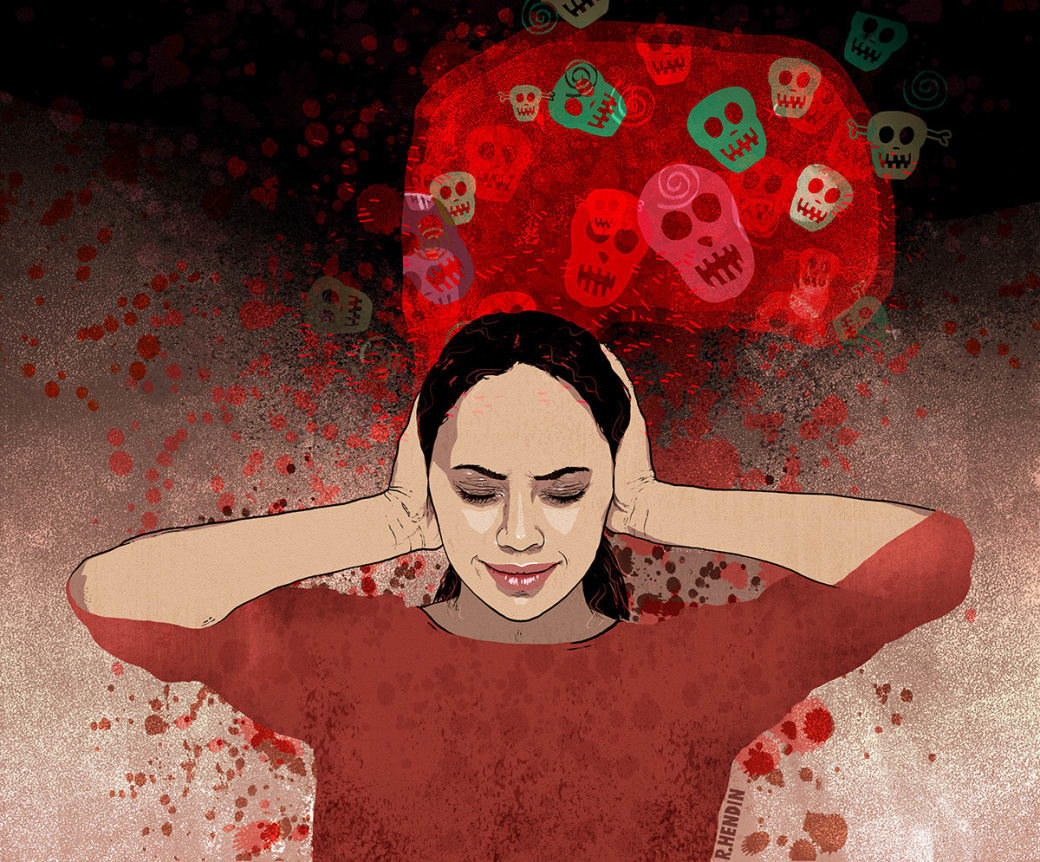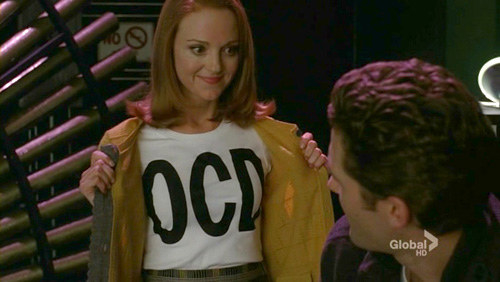We asked members of the BuzzFeed Community about the things that annoy them the most about how obsessive-compulsive disorder is depicted in movies, TV shows, and books. Here are the worst offenders.
1. First of all, OCD is pretty much always represented by neat freak characters who clean obsessively.
2. Or characters always have well-known compulsions like excessive hand-washing, counting, or light switch-flipping.
3. In fact, the "obsessive" part of OCD is rarely given the time of day.
4. It's portrayed as really debilitating — which it can be — but rarely as something a character can manage and live with.
5. Or on the opposite end of the spectrum, it's portrayed as a just personality quirk.
6. More often than not, OCD is the butt of a joke.
7. Or it's treated like a superpower.
8. Let's be real, we rarely see the less palatable parts of OCD, like violent intrusive thoughts.

9. Characters with OCD typically fit a specific stereotype.
10. And there's a total lack of diverse representation when it comes to characters with OCD.
11. Everyone always knows that a character has OCD, because it's super obvious.

12. The phrase OCD is tossed around as an adjective.
13. Of course, like most portrayals of mental illness in media, love is the ~cure~.
14. The little ways that OCD can take over your life are never shown.
15. And the physical repercussions go unmentioned, too.
16. We usually see compulsions that are the result of some traumatic experience that give a character a ~reason~ to start obsessing over a certain thing.
17. And finally, medication is pretty much shown as a cure-all, so once the Very Special Episode is over, a character's OCD is usually never mentioned again.
Note: This post was inspired by Community suggestions, but does not include direct quotes from users.
